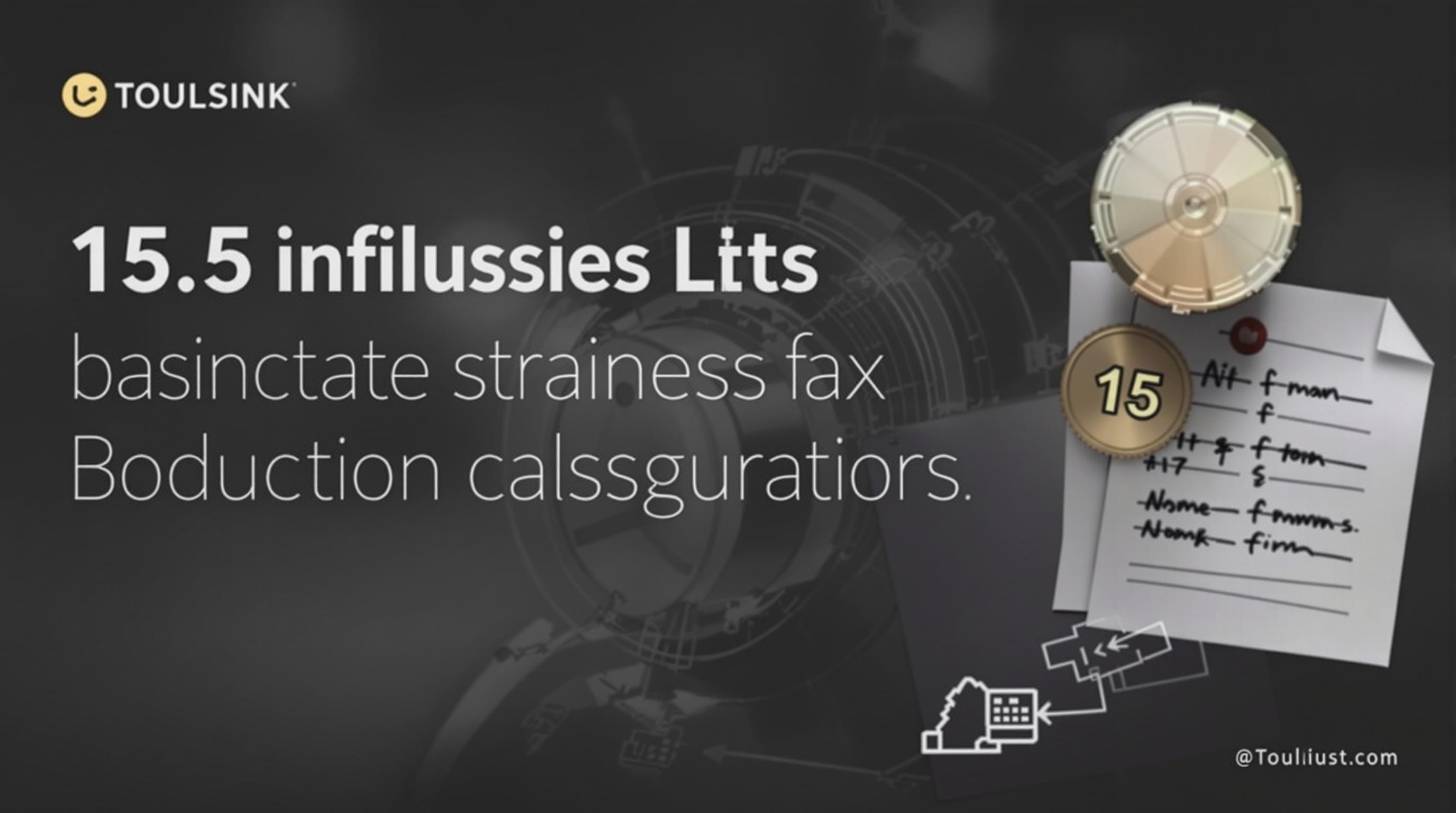Related Articles
- How Emotional Spending Biases in Leadership Can Influence Company Financial Transparency and Accountability
- Unveiling the Role of Employee Psychology in Shaping Unexpected Business Budget Outcomes
- Top 6 Disruptive Invoice Platforms Launched Since 2019 Tackling Automation Bottlenecks in Unconventional Ways
- Top 6 Smart Accounting Softwares Since 2019 That Revolutionize Tracking Business Tax Write-Offs
- The Rise of Biometric Authentication in Digital Finance: A New Frontier for Secure Business Transactions
- How Small Nonprofits Leverage Alternative Finance Tools to Navigate Accounting Challenges Off the Radar
Top 6 Smart Accounting Softwares Since 2019 That Revolutionize Tracking Business Tax Write-Offs
Top 6 Smart Accounting Softwares Since 2019 That Revolutionize Tracking Business Tax Write-Offs
Tracking business tax write-offs has never been easier thanks to groundbreaking accounting software launched since 2019. This article explores the top six smart solutions transforming tax management with efficiency, accuracy, and insightful analytics.
The Evolution of Accounting Software: Beyond Spreadsheets
Back in 2019, few predicted how swiftly accounting software would evolve. From bloated spreadsheets to intelligent, AI-driven platforms, these tools now automate complex tax deduction tracking that once required hours of manual labor. For example, QuickBooks Online Advanced leverages machine learning to categorize expenses in real time, reducing errors and maximizing write-offs.
Paul, a 45-year-old freelance graphic designer, shares his experience: “Before switching to smart accounting software, I missed out on deductions worth thousands. Now, software like Expensify flags every eligible expense without me lifting a finger.”
1. QuickBooks Online Advanced: The Market Leader
Known widely among small to medium enterprises, QuickBooks Online Advanced remains a top choice since 2019. Its deep payroll and tax integration, coupled with robust reporting tools, offer businesses an intuitive environment to track tax write-offs and generate IRS-ready reports.
According to a 2021 Forbes report, companies using QuickBooks saw a 35% reduction in tax preparation time and a 20% increase in identifying legitimate deductible expenses.
Feature Highlight
- AI-driven expense categorization
- Automated receipt capture via mobile app
- Real-time tax impact dashboard
2. Xero: Cloud-Powered Simplicity
With a user-friendly interface and seamless bank feed integration, Xero focuses on making tax write-off tracking accessible. It includes smart tagging to identify deductible items and offers snapshots on potential tax savings.
Pro tip: Freelancers under 30 find Xero’s mobile app particularly helpful for snapping receipts on the go.
Case Study: How Sage Intacct Transformed a Mid-Sized Firm
Consider the case of Horizon Technologies, a mid-sized tech consultancy. After implementing Sage Intacct in 2020, the firm experienced an 18% improvement in their tax write-off tracking accuracy. CFO Linda Morgan noted, “Sage Intacct’s cloud platform simplified everything—from multi-entity consolidations to real-time expense recognition—dramatically enhancing our audit readiness.”
3. Expensify: Expense Reporting Made Effortless
Expensify’s charm lies in its simplicity and automation. It automatically scans, categorizes, and submits expenses for tax purposes, which is a godsend during tax season crunch time.
Fun fact: Over 10 million users worldwide rely on its SmartScan technology, which claims to reduce expense report time by 75% (Expensify Annual Report, 2022).
Why It’s Great for Young Entrepreneurs
Young startups juggling multiple hats appreciate how Expensify’s integration with platforms like Stripe and PayPal streamlines tracking business write-offs without the usual headache.
4. Sage Intacct: Enterprise Grade with Scalable Intelligence
Geared toward larger businesses and growing enterprises, Sage Intacct delivers advanced financial management capabilities. Its strong compliance frameworks and automated tax codes adjustments keep users audit-proof.
Between 2019 and 2023, Sage Intacct saw a 50% increase in adoption among companies scaling from 50 to 500 employees.
Humorous Take: Why My Accountant Called Me “The Write-Off King”
Okay, confession time. I used to hate taxes — now, with software like FreshBooks, I feel like a wizard catching every slippery deduction. The first time I saw FreshBooks automatically categorize a coffee purchase as a business lunch expense, I almost emailed my accountant to say, “Sorry, I’m retiring.”
FreshBooks’ automated mileage tracking and time-tracking features act like a personal assistant who “never forgets”.
5. FreshBooks: Designed for Freelancers and Small Biz
FreshBooks shines for businesses with simpler accounting needs but still demands powerful write-off tracking. An easy-to-use invoicing and receipt capture system helps freelancers maintain sharp control over deductible costs.
Case in point: A 2022 survey found that 68% of FreshBooks users saved an average of 10 hours monthly on tax prep (FreshBooks User Survey, 2022).
6. Zoho Books: The Value Champion
For startups and budget-conscious businesses, Zoho Books offers a surprisingly robust tax write-off tracking system at a fraction of the cost. It integrates well with other Zoho ecosystem products, making multi-channel income and expense tracking a breeze.
Moreover, Zoho automates tax calculations and keeps pace with evolving tax codes — no more guessing games during tax season.
Why Smart Accounting Software Matters More Than Ever
Tax write-offs are pivotal for business growth, especially in today's dynamic economy. According to IRS data, nearly 40% of small businesses either miss or misclassify deductible expenses, losing billions annually. Smart accounting software bridges this gap by providing real-time, accurate insights that reduce errors and optimize write-offs.
Whether you’re a 16-year-old budding entrepreneur selling NFTs or a 70-year-old consultant managing multiple ventures, leveraging these six tools ensures you stay ahead in the tax game.
Final Thoughts
The tools highlighted here reflect a blend of innovation, user-friendly design, and powerful automation tailored to various business sizes and needs. Embracing smart accounting software not only simplifies tax write-off tracking but also empowers businesses to save money and reinvest in growth.


